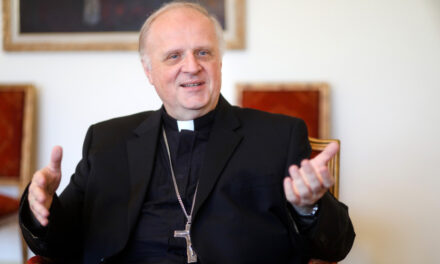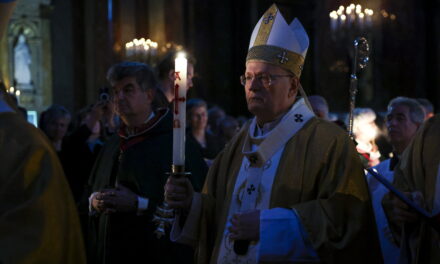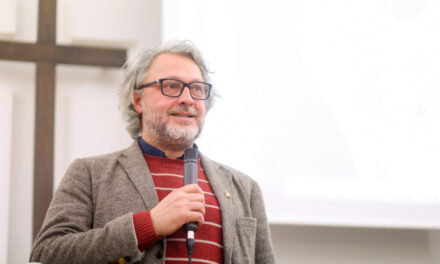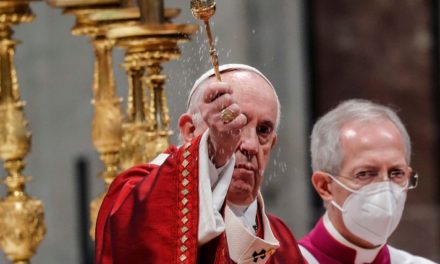The new provision countersigned by Pope Francis, which was made public by the Vatican on Saturday, strengthens the protection of victims and also extends the punishment for spiritual and physical abuse to lay people who lead church organizations.
Pope Francis issued a so-called self-initiated (Latin: motu proprio) apostolic letter, the opening line of which was entitled Vos estis lux mundi (You are the light of the world). It is a modification of the papal document published with the same title in May 2019.
Four years ago, after consultation with the leaders of the church's episcopal conferences, Pope Francis tightened the canon law punishment for abuses committed by members of the church in an apostolic letter. The package of provisions declared that the crimes of sexual abuse "offend our Lord", cause physical, psychological and spiritual harm to the victims and injure the community of the faithful.
The nine-page new version just published replaces the previous apostolic letter from April 30.
It is a novelty that the Pope extends the punishment for mental and physical crimes, including sexual crimes, to the former and current secular leaders of church organizations, in the event that the abuse occurred during the period of their leadership. Vulnerable adults are also listed separately in addition to minors in the list of victims of abuse.
The document clarifies what organizations and offices the dioceses must provide to facilitate the reception of reports of abuse. It states that the ecclesiastical investigation must be directed by the bishop who heads the ecclesiastical area where the abuse took place.
It confirms the need to legitimately protect the reputation and privacy of those involved in the case.
Archbishop Filippo Iannone, prefect of the Vatican's legislative office, told the Holy See's daily newspaper L'Osservatore Romano that the document just released summarizes the legislation and measures enacted in the last four years.
He called it a result that in order to prevent and stop sexual abuse, the dioceses introduced "proven methods", including in the field of priest training.
Source: MTI
Image: Vatican press service











